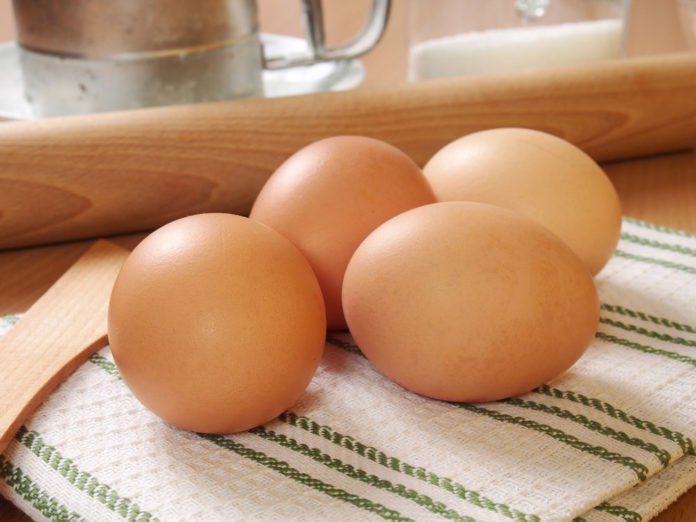Previous discouragements of dietary cholesterol intake scurried people away from its intake. But as it turns out, those recommendations were not all it was cracked up to be. In fact, more pronounced data redirect the cautions to other dietary factors, lifting the weight off the cholesterol-containing egg. With egg-lovers including the notorious breakfast staple in their diet, additional questions direct not to its nutritional guideline, but to its suitable safety. bistroMD is cracking the truth on egg storage!
Storing Eggs
It may be a conventional routine to unload the grocery bags, open the carton, and displace the eggs to their new coop along side the refrigerator door. However, eggs should be stored in an inside shelf, as the consistently opened fridge door is inconsistent with temperature. Storing eggs within the fridge interior raises the likelihood for eggs to keep chilled, with the recommended storage temperature of 35 to 40 degrees Fahrenheit.
In addition to vacating an inside shelf, eggs should be kept in their initially packaged carton. The carton serves purpose for two primary reasons: For one, the carton protects the eggs from capturing and taking on other flavors and odors of its food neighbors. The egg carton also typically identifies and verifies the “best before date,” offering its consumers to enjoy fresh eggs within the designated time period. Which brings up the next question…
How Long Do Eggs Last?
Now that the eggs have located their housing, cracking raw, whole eggs is generally encouraged within four to five weeks beyond their pack date or three weeks following their purchase. Modified storing times vary between the egg’s shell removal and preparation as indicated below:
Raw Yolks or Whites (Shell-Free)
Slightly beaten eggs or strictly yolks can be stored for two days, while solely the egg white can be kept up to four. All shell-less, raw eggs should be further refrigerated in a tightly covered and sealed container. To prevent whole egg yolks from drying out, they should be covered with water – just remember to drain prior to using!
Hard-Cooked/Boiled Eggs
Hard-boiled eggs left in the shell can keep their integrity and freshness for up to a week. However, peeled, hard-boiled eggs should be used within the same day of preparation for best quality. As a fun fact, you can differentiate between hard-boiled eggs and raw eggs by spinning them – hard-boiled eggs will spin longer than a raw egg. (Spin gently to prevent cracking risk or you may determine whether or not an egg is raw in a much greater, messier way!)
Prepared Egg Dishes
Dishes using eggs, such as casseroles and quiches, should be used within three to four days and tightly sealed. It is also important to cook eggs to proper temperatures and refrigerate perishable dishes promptly, ultimately reducing the risk of harmful bacterial growth.
Frozen, Blended Whole Eggs
Though freezing both raw and hard-boiled, shelled eggs (and even peeled hard-boiled eggs) is not recommended, cracked eggs may be kept in a freezer kept at or below zero degrees Fahrenheit. Frozen whole eggs may even be kept in the freezer for up to a year!
Are Your Eggs Fresh?
In addition to storing eggs in a safe manner, physical characteristics can also indicate whether or not eggs are fresh. In addition to using the “best before date,” determine egg freshness by answering three simple questions:
Sink or Float?
Fresh eggs will sink in water while older eggs start to float. Why you may wonder? As eggs age, the air cell inside starts to increase, subsequently causing it to float.
High or Low?
In a fresher egg, the yolk sits up Older eggs display a flatter yolk that sit lower to the egg’s bottom.
Cloudy or Clear(er)?
Cloudy egg whites are indicative of fresher eggs. An older egg white starts to lose its murkiness and becomes clearer, thinner, and waterier.









